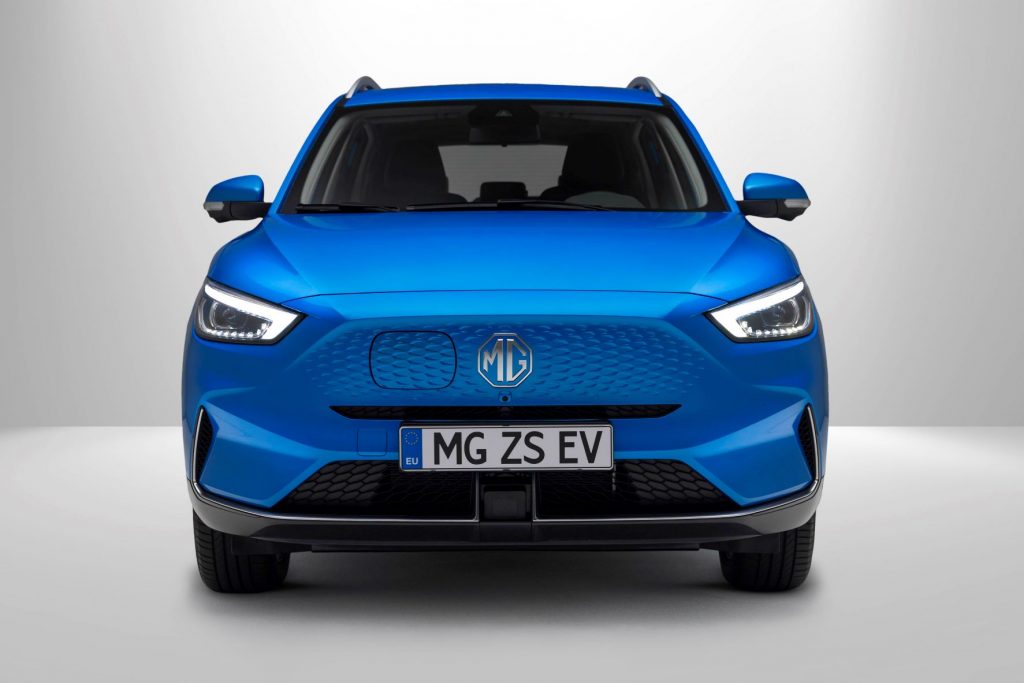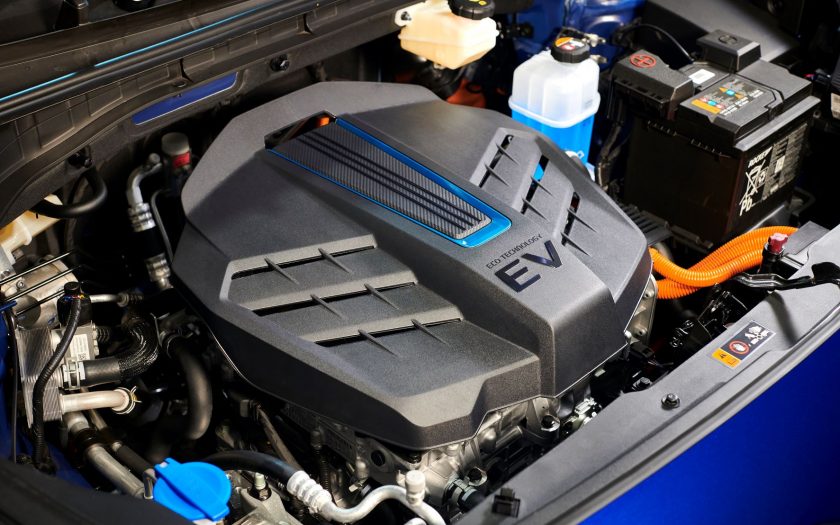YOU HAVE TO WONDER just how much money needs to be thrown at people to convince them to take the leap into electric vehicles. Apparently, quite a lot, if the latest Queensland initiative is anything to go by.
The FCAI, the peak body for the automotive industry in Australia has cautiously welcomed the Queensland Government’s announcement of $55 million in electric vehicle incentives.
The package which provides grants of $3,000 for electric vehicles under $58,000 is expected to provide the opportunity of owning an electric vehicle to more Queensland families and road users. The package also includes a further $10 million for electric vehicle charging infrastructure and a continuation of the introduction of zero-emission vehicles into the Queensland Government’s fleet.
FCAI Chief Executive Tony Weber said the grants will be a welcome support to potential EV buyers.
“The FCAI believes the Government’s continued focus on developing EV recharging infrastructure and fleets is vital in supporting the penetration of EV’s into the Queensland market.”
However, Mr Weber was perplexed the sales target of 50 percent of new passenger vehicles sales to be zero-emission by 2030, and 100 percent of new passenger vehicle sales to be zero-emission by 2036.
“The primary policy objective is to reduce CO2 emissions and our pathway to this objective in the transport sector needs to be a holistic one. Electric vehicles alone will not achieve this in Australia.”
“The pathway to reducing emissions through to the mid-2030s will rely on a range of low emission technologies that include plug-in hybrid, hybrid and even highly efficient internal combustion engines in addition to pure EVs.”
“Improvements in fuel quality and the introduction of a broad-based and nationally consistent Road User Charge scheme, as well as a vehicle emissions target, are all needed to bring the best low and zero-emissions technology to Australia.”
“We look forward to working with Governments at all levels to send these policy signals, which will be vital in achieving our emission reduction across the light vehicle fleet,” Mr Weber added.
Perhaps the most likely incentive for people to embrace EVs is price parity with internal combustion engined cars. Not so long ago this seemed something of a pipe dream, but rapid escalation of prices of conventionally-powered cars is pushing prices closer to EVs.

The average price of new cars since the beginning of the Covid pandemic has risen by 7.6 percent, with some manufacturers pushing prices up by as much as 17 percent. Cars are now more expensive when viewed against average wages than at any time during the past 30 years.
And not particularly surprising, the brands with the biggest percentage increases are the Chinese brands, including MG, Haval, Great Wall and LDV.
